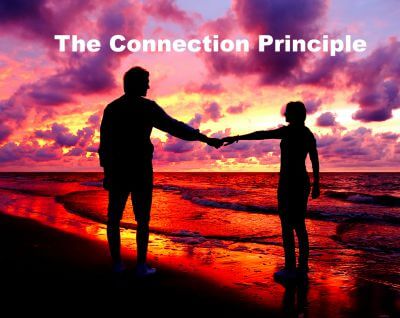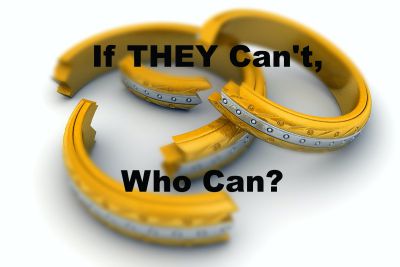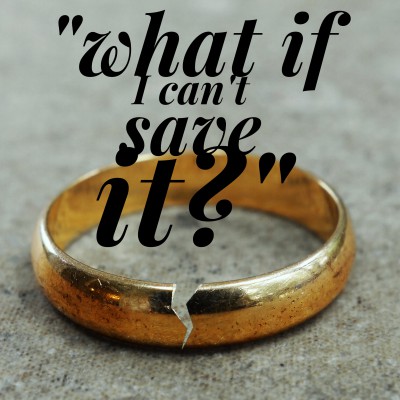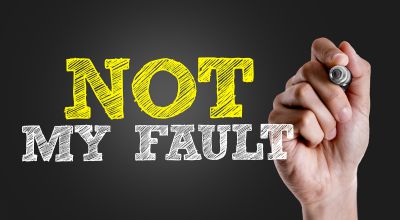Save The Marriage ARC
https://savethemarriage.com/stmblog/wp-content/themes/corpus/images/empty/thumbnail.jpg 150 150 Lee H. Baucom, Ph.D. Lee H. Baucom, Ph.D. https://secure.gravatar.com/avatar/669b7e375d93f77521ddaba08adb8063?s=96&d=blank&r=pg Since my book, Thrive Principles, came out, people have asked me why I shifted my focus from saving marriages to thriving. In reality, there is no shift. My System on saving a marriage is the same path to having a thriving marriage. In fact, my focus from the beginning was on how to have a thriving life in all areas of living — including in marriage.
Since my book, Thrive Principles, came out, people have asked me why I shifted my focus from saving marriages to thriving. In reality, there is no shift. My System on saving a marriage is the same path to having a thriving marriage. In fact, my focus from the beginning was on how to have a thriving life in all areas of living — including in marriage.
Which means that there are many cross-over points between how we thrive and how we save a marriage.
In this week’s Save The Marriage Podcast, I discuss three anchors of Thrive Principles that can help you address the issues in your marriage.
These three principles can help you save your marriage. Just remember the acronym, ARC.
- Acceptance
- Responsibility
- Control
Use these three principles as you work to save your marriage.
RELATED RESOURCE:
Control
Responsibility
Thrive Principles
Save The Marriage System
Podcast: Play in new window | Download
Subscribe: RSS








